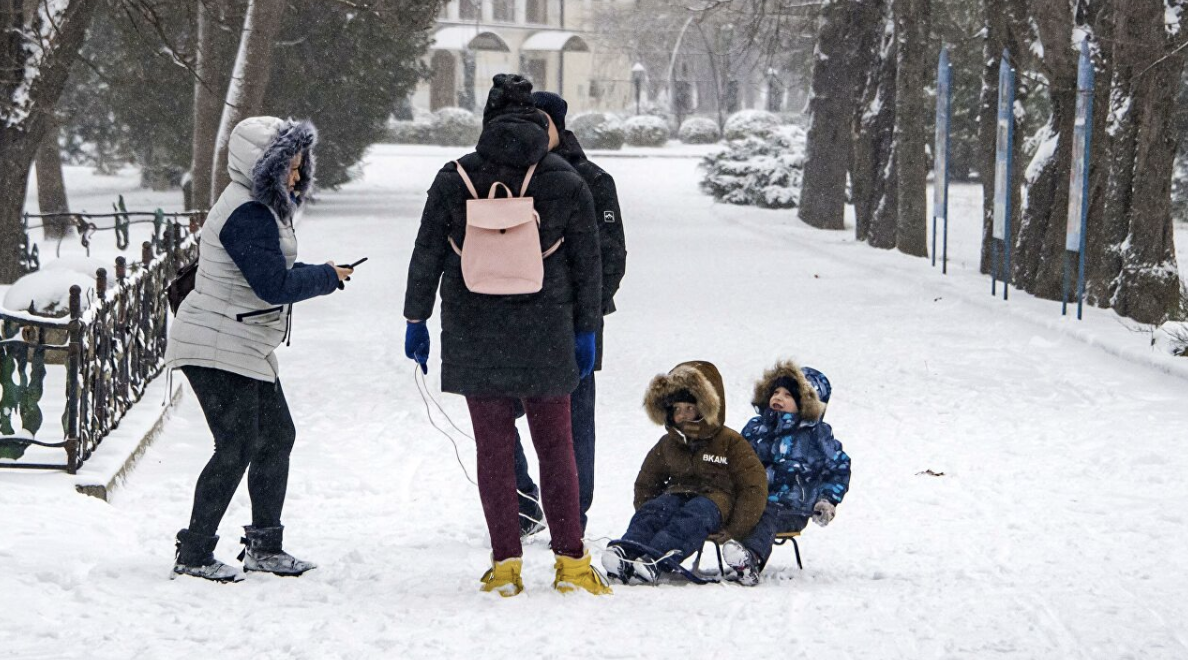In Russia, from February 1, the size of a number of social payments, benefits and compensations will be increased.
The corresponding decree on Thursday, January 27, was signed by Prime Minister Mikhail Mishustin.
Monthly payments are planned to be indexed taking into account actual inflation for 2021 - by 8.4%.
According to the head of the Cabinet, the issue "affects many of our citizens" who are less protected and especially in need of state support.
“It is important that everyone who is entitled to such assistance receive it in a timely manner and in full,” Mishustin said during a government meeting.
In particular, we are talking about payments to disabled people, veterans, Chernobyl victims, heroes of Russia, as well as those injured at work.
In addition, indexation will affect some benefits for families with children.
“Among such payments are a one-time allowance at the birth of a child, a monthly allowance for caring for a child, a one-time allowance for transferring a child to a family,” the press service of the Cabinet said.
At the same time, maternity capital will also be indexed in Russia.
Thus, the amount of payment for the first child will increase from the current 483.9 thousand to 524.5 thousand rubles, and for the second - from 639.4 thousand to 693.1 thousand rubles.
Note that if the family has already been paid money for the first-born, then when a second child appears, she is now being charged 155.6 thousand rubles.
Taking into account indexation, the corresponding amount from February 1 will be 168.6 thousand rubles.
© RIA Novosti / Dmitry Makeev
As recalled in the government, since 2018, a unified procedure for indexing social benefits has been established in Russia.
The increase is made once a year from February 1, based on the actual consumer price index for the previous year.
“Initially, it was planned to increase all payments in 2022 by 4-5%, because this is exactly the kind of inflation that was expected at the end of 2021.
However, for a number of reasons, the price growth rate turned out to be higher and amounted to about 8.4%.
It is clear that people need help, and the authorities made a completely logical decision.
Additional indexation will make it possible to compensate for inflation for low-income citizens, ”Georgy Ostapkovich, director of the Center for Market Research at the Institute for Statistical Research and the Economics of Knowledge at the Higher School of Economics, told RT.
As the expert emphasized, earlier, for the same purpose, the minimum wage (SMIC) and the living wage were raised in Russia.
From January 1, 2022, the amounts increased immediately by 8.6% - up to 13,890 and 12,654 rubles, respectively.
It is expected that this initiative will lead to an increase in salaries and social benefits for 19 million Russians.
In addition, on January 26, the Federation Council approved an amendment to the legislation on the indexation of pensions in Russia above the inflation rate.
In accordance with the instructions of President Vladimir Putin, payments will also be increased by 8.6%.
As a result, the average amount of the old-age insurance pension for non-working citizens will be 18,984 rubles, and in total, the initiative will affect almost 31 million people.
“Thanks to additional indexation, the solvency of citizens and, accordingly, consumer demand is growing.
People are beginning to actively buy goods and services, which means that the economy should produce more.
Thus, all this material support leads to GDP growth.
Of particular importance in this context is assistance to families with children, in particular, materiel,” added Ostapkovich.
Note that since the beginning of 2022, inflation in Russia has continued to accelerate.
Thus, according to the latest estimates of Rosstat, the annual growth rate of consumer prices exceeded 8.6%.
To curb inflation, the Central Bank needs to continue raising the key rate, and the government needs to take measures to increase the supply of goods and services.
Nikita Maslennikov, head of the Finance and Economics department at the Institute of Contemporary Development, shared this opinion in an interview with RT.
According to him, the actions of the authorities should stabilize the situation with prices.
However, if inflation continues to grow, the government may agree on a new set of initiatives to support citizens, the expert did not rule out.
“If income gaps again begin to arise for certain categories of citizens, it will be possible to return to the practice of last year.
We are talking about lump-sum payments to those who are hit hardest by inflation.
First of all, these are pensioners and families with children,” Maslennikov said.

